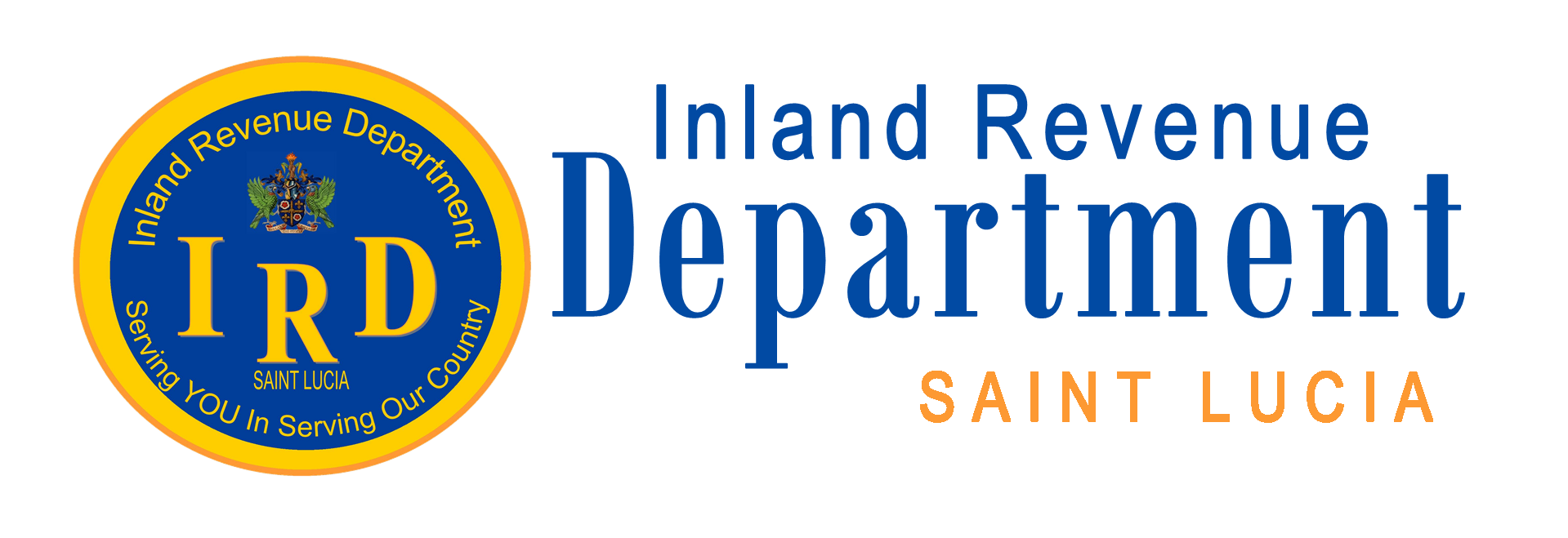EMPLOYEES
An “employee” is any person who, in respect of employment, receives remuneration from an employer, and includes any person to whom remuneration accrues:
- as a director of a company;
- from a former employer or trustee of a pension fund, as a consequence of a former employment; or
- as a dependent of a deceased person where such remuneration accrued to that dependent as a consequence of the former employment of the deceased.
An employee is a contributor of labor and/or expertise to the operation of a business or employer. An employee is generally hired to perform specific duties that are packaged into a job. An employee provides services to his or her employer on a regular basis in exchange for compensation and who does not provide these services as part of an independent business.
A combination of conditions differentiates an employee from other type of workers, mainly: whether the worker is paid regularly, follows set work schedule, is provided with tools by the employer, is closely supervised by the employer, is acting on behalf of the employer, only works for one employer at a time, et. al Additionally, the employer will generally be liable for the worker’s actions and be obligated to provide some benefits.
Based on certain factors, an employee’s income is subject to income tax, referred to as PAYE in Saint Lucia. It is the employee’s responsibility to ensure that the right amount of tax is being deducted if his or her income is taxable.
CONTRACTORS
A “contractor” is anyone who provides or supplies independent personal services in exchange for compensation. A contractor is not considered an employee and is also not any of the following:
- accountants, auditors or tax consultants
- business or management consultants
- lawyers
- doctors, dentists, pharmacists or nurses
- engineers
- funeral undertaking services
A contractor is an individual, usually specialized or expert in a particular field, hired by a company or organization for a specified time period, a fixed price, and/or a particular project. Subsequent to this agreement, a company is usually not responsible for providing traditional employer benefits afforded to regular employees, including: personal taxes, social security, sick leave, vacation time and pay, et al.
The contractor is generally responsible for the overall coordination of a project. Depending on the project delivery method, the contractor submits a fixed price proposal or bid, cost-plus price or an estimate. The overall price of the project entails the contractor’s cost of home office overheads and general conditions, materials, equipment, the cost of labor, as well as other expenses incurred in the project.
The contractor would be subject to income tax, referred to as contract or 10% withholding tax, depending on the nature of the task.
DIFFERENCES BETWEEN THE TWO
An employee typically performs duties dictated or controlled by company superiors (managers and supervisors) and, in many cases, an employee is provided training to do the job.
An independent contractor, however, generally has several clients. A contractor also has his or her own tools and sets his or her own hours. Furthermore, a contractor invoices for the completed work while an employee receives a periodic wage or salary.
In St. Lucia, a contractor is taxed based on one fixed rate, which is 10% of gross earnings, an employee is taxed based on a tax code, which is determined by a declaration of deductions and allowances.
SELF-EMPLOYED
A self-employed individual is someone who works for him or herself rather than an employer.
The Department generally recognises a person as self-employed if the individual declares himself or herself as such, or is generating enough income that the individual is required to file a tax return under the Tax Act. Self-employed individuals generally pursue work rather than be provided with work by an employer. Self-employed individuals can be contractors or can own and operate business with steady cash flows.
There are related terms to the self-employed that are sometimes used interchangeably, and these are entrepreneurship and start-ups. In examining their differences it should be noted that: Self-employment entails the founding of an entity with the primary intent to provide work and income to its founders. Entrepreneurship refers to the founding of all new entities and entails the self-employed and businesses not anticipated to grow big or become registered. Startups are temporary new entities founded with the expectation to grow and expand, as well as grow its staff.


